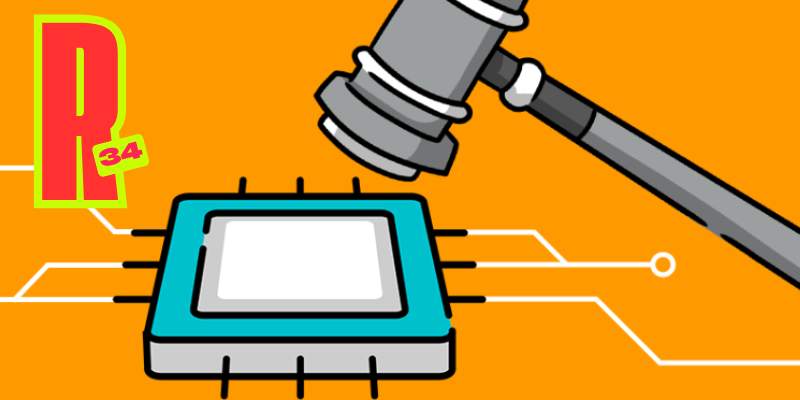There’s this uneasy knot in my stomach every time I see someone casually mention AI models being used for explicit material. It’s not about being prudish; it’s about the weight behind the question—where do we draw the line when tech brushes up against human vulnerability?
The Elephant in the Room
If you’ve hung around any online space long enough, you know how quickly new tools get bent toward adult use.
People test boundaries. They push for what’s forbidden. A R34 AI Generator from text sounds, on the surface, like just another customization tool, but the context makes it feel heavier.
Unlike writing a poem or drafting a business pitch, we’re dealing with intimacy, fantasies, and sometimes, people who never consented to their likeness being spun into that digital space.
Why Consent Isn’t Optional
Imagine waking up to find your image, or something eerily close to it, turned into AI-generated adult content without you ever agreeing. That sting? That invasion? It’s not hypothetical—it’s already happening.
And the kicker is that, because the tech feels “just text” or “just fiction,” people dismiss the emotional fallout. But fiction doesn’t exist in a vacuum; it touches the real world.
Where Curiosity Turns Into a Slippery Slope
I get curiosity. I really do. Humans have been weaving erotic tales since before ink touched parchment. But the difference here is speed and scale.
A single click and suddenly you’ve got hundreds of explicit outputs. It’s not just playful imagination anymore—it’s a floodgate. That scale changes the ethical stakes.
The Responsibility of the Creator
If you’re someone experimenting with these generators, you’ve got more power than you think. It’s tempting to say, “It’s just AI, it’s not hurting anyone.”
But deep down, you know it’s not that simple. These prompts can normalize behaviors that blur ethical lines. And normalization has a way of bleeding into lived culture.
The Legal Landscape (or Lack of One)
Here’s the messy part: laws are limping behind the tech. Some regions are starting to ban non-consensual deepfake porn, but regulation rarely catches up to innovation. Until then, the weight of choice falls squarely on the user. That’s both empowering and terrifying.
Emotional Fallout Nobody Talks About
We don’t talk enough about the shame, confusion, or even loneliness that drives people toward generating this kind of content. It’s not just “horny on main.” Sometimes it’s a deeper yearning for connection, a place to explore what feels unsayable.
I don’t judge that impulse—I’ve had my own moments of staring at a blinking cursor, wanting to type something raw and taboo. But I do think we owe it to ourselves to ask: does this exploration heal, or does it harm?
Finding Healthier Outlets
If the pull is about exploring identity or desire, maybe the solution isn’t outright repression but redirection. Erotic writing communities, roleplay with trusted partners, therapy, even solo creative journaling—all of these give space without crossing ethical lines. It’s not about shame; it’s about sustainability.
My Personal Take
I don’t think banning tools outright works—it just drives them underground. What I believe in is accountability.
If you’re using an AI for adult purposes, ask yourself: is this consensual, is this respectful, and does it ultimately make me feel good about who I am? If the answer stings, maybe that’s your gut telling you something worth listening to.
The Line Between Freedom and Harm
Technology isn’t inherently good or bad—it’s a mirror. What we do with it says more about us than about the tools themselves.
With explicit AI, the stakes are too high to shrug and say, “Not my problem.” Because the truth is, it might become your problem the moment someone else decides your face is their next prompt.
Closing Thoughts
We can’t stop curiosity, but we can shape the culture around it. Ethics isn’t a killjoy—it’s a safety net. And the more we talk about these issues openly, without judgment but with honesty, the more chance we have at keeping both creativity and dignity intact.

